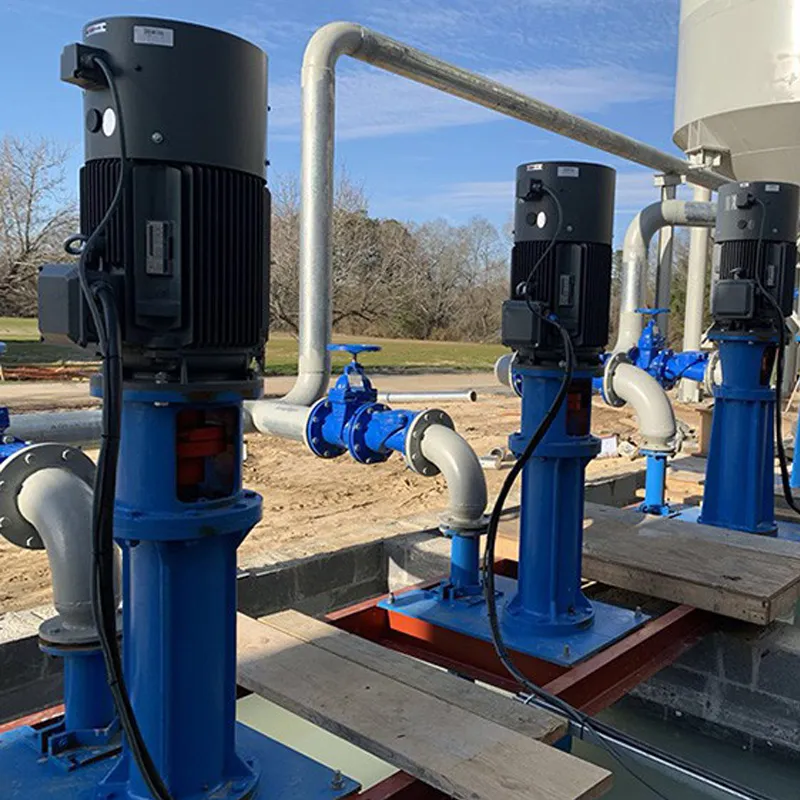English
- Afrikaans
- Albanian
- Amharic
- Arabic
- Armenian
- Azerbaijani
- Basque
- Belarusian
- Bengali
- Bosnian
- Bulgarian
- Catalan
- Cebuano
- Corsican
- Croatian
- Czech
- Danish
- Dutch
- English
- Esperanto
- Estonian
- Finnish
- French
- Frisian
- Galician
- Georgian
- German
- Greek
- Gujarati
- Haitian Creole
- hausa
- hawaiian
- Hebrew
- Hindi
- Miao
- Hungarian
- Icelandic
- igbo
- Indonesian
- irish
- Italian
- Japanese
- Javanese
- Kannada
- kazakh
- Khmer
- Rwandese
- Korean
- Kurdish
- Kyrgyz
- Lao
- Latin
- Latvian
- Lithuanian
- Luxembourgish
- Macedonian
- Malgashi
- Malay
- Malayalam
- Maltese
- Maori
- Marathi
- Mongolian
- Myanmar
- Nepali
- Norwegian
- Norwegian
- Occitan
- Pashto
- Persian
- Polish
- Portuguese
- Punjabi
- Romanian
- Russian
- Samoan
- Scottish Gaelic
- Serbian
- Sesotho
- Shona
- Sindhi
- Sinhala
- Slovak
- Slovenian
- Somali
- Spanish
- Sundanese
- Swahili
- Swedish
- Tagalog
- Tajik
- Tamil
- Tatar
- Telugu
- Thai
- Turkish
- Turkmen
- Ukrainian
- Urdu
- Uighur
- Uzbek
- Vietnamese
- Welsh
- Bantu
- Yiddish
- Yoruba
- Zulu
Telephone: +86 13120555503
Email: frank@cypump.com
Nov . 05, 2024 08:38 Back to list
sludge pump submersible
Submersible Sludge Pumps Efficient Solutions for Wastewater Management
In the realm of wastewater management, submersible pumps play a crucial role, particularly in handling challenging sludge and sewage applications. Submersible sludge pumps are specially designed to operate underwater, providing an efficient mechanism for transporting heavy, viscous materials, including sludge, effluent, and wastewater. This article explores the key features, applications, and advantages of submersible sludge pumps.
Understanding Submersible Sludge Pumps
Submersible sludge pumps are distinct from traditional pumps due to their design and operational capabilities. These pumps are submerged in the liquid they are designed to pump, eliminating the need for suction lines and reducing the risk of cavitation. Their motor is hermetically sealed, allowing them to operate underwater. This design makes them highly efficient for pumping thick and dense materials, such as sludge that accumulates in treatment plants, sumps, and in various industrial processes.
Key Features
1. Heavy-Duty Construction Submersible sludge pumps are built with robust materials that can withstand abrasive and corrosive conditions. Cast iron and stainless steel are commonly used for their durability and resistance to wear.
2. High Capacity and Flow Rate These pumps are engineered to handle substantial volumes of sludge. With high flow rates and the ability to manage solids of varying sizes, submersible pumps serve as effective tools in heavy-duty applications.
3. Variable Motor Speeds Many modern submersible pumps come equipped with variable speed motors. This feature allows for greater control over the pumping process, adapting to fluctuating demands in sludge volume.
4. Automatic Float Switch Most submersible sludge pumps are equipped with float switches that automatically activate the pump when the water level reaches a certain height, facilitating efficient operation without manual intervention.
5. Versatility They can be employed in a variety of settings, from municipal wastewater treatment plants to construction sites where dewatering is essential. Their versatility makes them a preferred choice across industries.
sludge pump submersible

Applications
Submersible sludge pumps have various applications in different fields
- Municipal Wastewater Treatment They are pivotal in moving wastewater and sludge in treatment plants, allowing for effective processing and reduction of harmful contaminants. - Industrial Processes Industries such as mining, pulp and paper, and food processing utilize submersible pumps for managing wastewater and thick sludge generated during operations. - Construction and Dewatering During construction, excess water and sludge need to be removed efficiently. Submersible pumps are ideal for dewatering excavations, trenches, and foundations. - Agricultural Applications In agriculture, these pumps help manage effluent from livestock facilities, maintaining hygiene and compliance with environmental regulations.
Advantages
1. Energy Efficiency Submersible sludge pumps are generally more energy-efficient than their surface counterparts, as they operate underwater, reducing the energy required for suction and priming.
2. Reduced Noise Levels Being submerged in water significantly dampens the noise produced by the pump, making them suitable for residential and urban areas.
3. Space Saving As these pumps are installed below the water surface, they save valuable space in plants and treatment facilities, which is particularly advantageous in areas with limited room.
4. Low Maintenance Designed for durability, submersible sludge pumps often require less maintenance compared to standard pumps. Their sealed construction protects them from debris and contaminants, leading to longer operational life.
Conclusion
Submersible sludge pumps are integral to effective wastewater management and environmental protection. Their robust design, high efficiency, and versatility make them a top choice for industries facing challenges in handling thick and heavy materials. As technology advances, these pumps will likely see further innovations, enhancing their efficiency and applications in various sectors. In a world increasingly focused on sustainable practices, the importance of reliable wastewater management systems, including effective sludge pumping solutions, cannot be overstated.
-
ISG Series Vertical Pipeline Pump - Chi Yuan Pumps Co., LTD.|High Efficiency, Energy Saving, Low Noise
NewsJul.30,2025
-
ISG Series Vertical Pipeline Pump- Chi Yuan Pumps|High Efficiency&Low Noise
NewsJul.30,2025
-
ISG Series Vertical Pipeline Pump-Chi Yuan Pumps Co., LTD.|High Efficiency&Energy Conservation
NewsJul.30,2025
-
ISG Series Vertical Pipeline Pump - Chi Yuan Pumps Co., LTD.|Advanced Hydraulic Design&Energy-Efficient Solutions
NewsJul.30,2025
-
ISG Series Vertical Pipeline Pump - Chi Yuan Pumps Co., LTD.
NewsJul.30,2025
-
ISG Series Vertical Pipeline Pump - Chi Yuan Pumps Co., LTD.|energy-efficient fluid handling&industrial durability
NewsJul.30,2025










